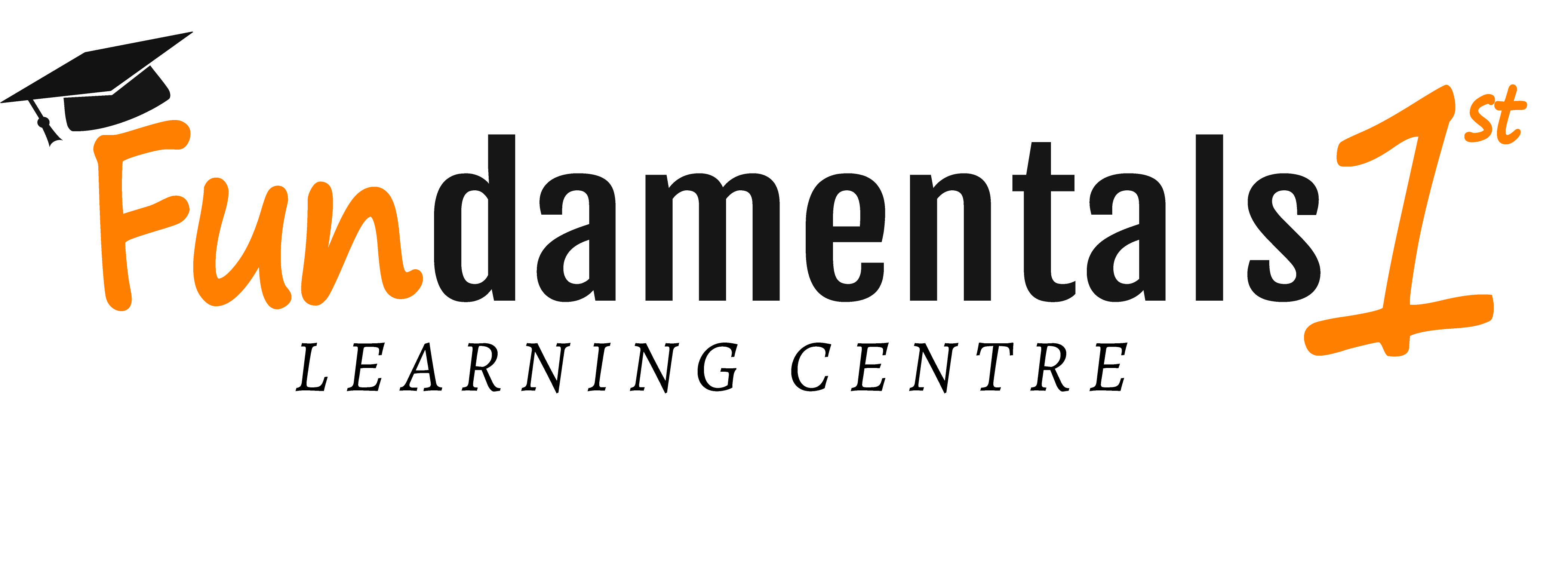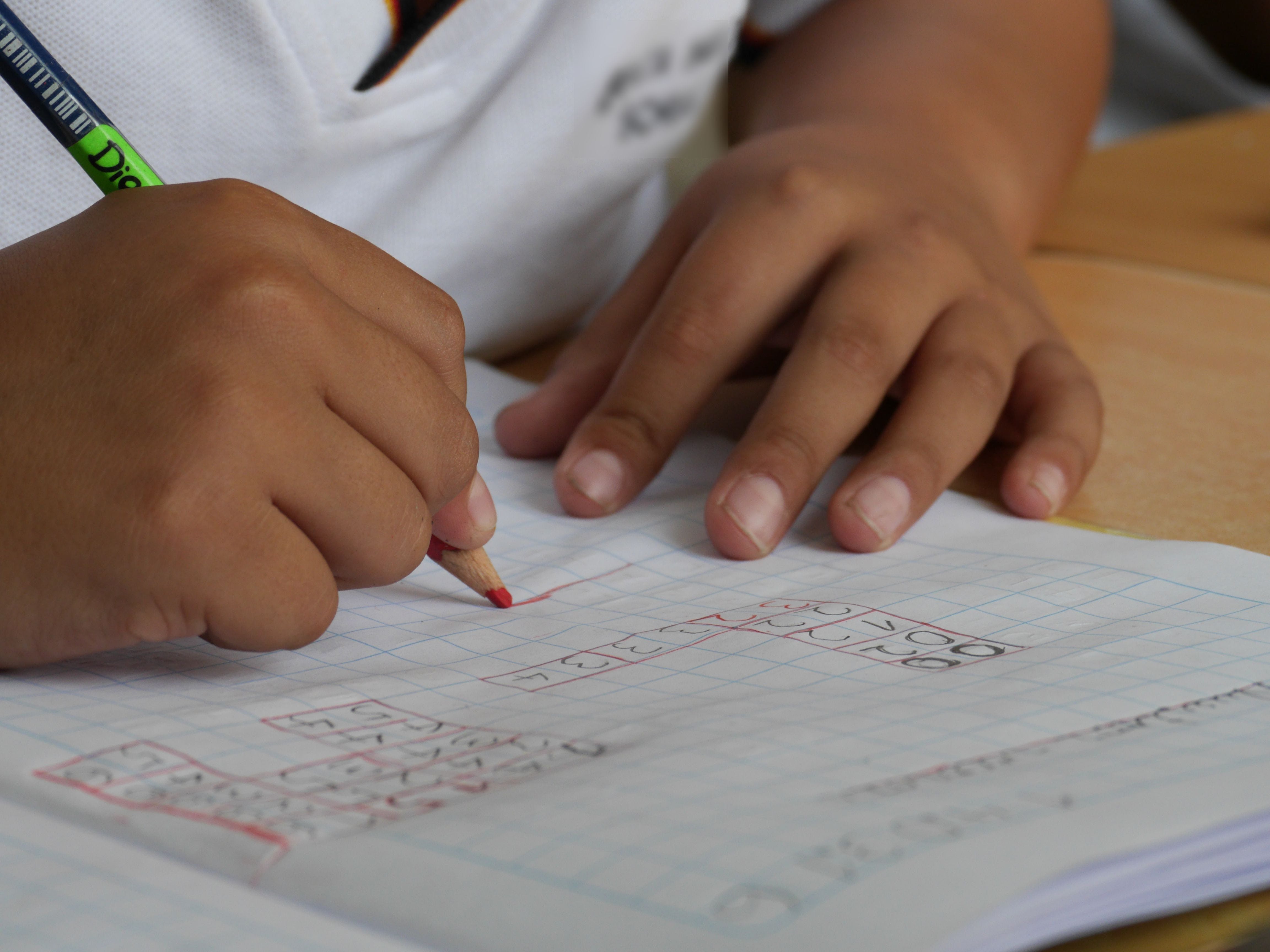
Rethinking Assessment: Moving Beyond Grades to Foster Lifelong Learning
The traditional education system has long relied on grades as the primary measure of student achievement. However, as we journey into a future that demands adaptable and lifelong learners, there is a growing recognition that traditional grading systems may not be the most effective way to assess and cultivate a student’s true potential. This blog explores the concept of rethinking assessment, advocating for approaches that go beyond grades to foster a love for learning that extends far beyond the classroom.
The Limitations of Grades:
While grades have been a longstanding metric for evaluating academic performance, they often fall short in capturing the full spectrum of a student’s abilities. The emphasis on letter grades can create a fixed mindset, where learners focus more on the end result than the process of learning itself. This can stifle creativity, curiosity, and the development of crucial skills such as critical thinking and problem-solving.
Alternative Assessment Methods:
- Project-Based Assessment: Encouraging project-based assessments allows students to showcase their understanding of a subject through hands-on, real-world applications. This approach not only assesses knowledge but also promotes skills like teamwork, creativity, and practical problem-solving.
- Portfolios and Reflections: Building portfolios that document a student’s work over time provides a comprehensive view of their growth and development. Reflections on their learning journey encourage self-awareness and metacognition, fostering a deeper connection to the material.
- Peer and Self-Assessment: Involving students in the assessment process by allowing them to evaluate their work and that of their peers promotes a sense of responsibility and accountability. It also encourages collaboration and a more nuanced understanding of the subject matter.
- Continuous Assessment: Shifting the focus from high-stakes exams to continuous assessment through quizzes, presentations, and class participation allows for a more accurate representation of a student’s progress. This approach values consistent effort and engagement.
- Skill-Based Badges and Certifications: Recognizing and rewarding specific skills acquired during the learning process with badges or certifications provides a tangible acknowledgment of a student’s achievements. This can motivate learners to develop a broader skill set beyond traditional academic knowledge.
Cultivating Lifelong Learners:
Rethinking assessment is not just about changing how we evaluate students; it’s about fostering a mindset of lifelong learning. By embracing diverse assessment methods that emphasize skills, creativity, and personal growth, educators can inspire students to become curious, adaptable individuals who approach challenges with enthusiasm and a love for learning.
Photo by Zen Chung: https://www.pexels.com/photo/serious-black-student-writing-essay-in-notebook-in-park-5538599/




